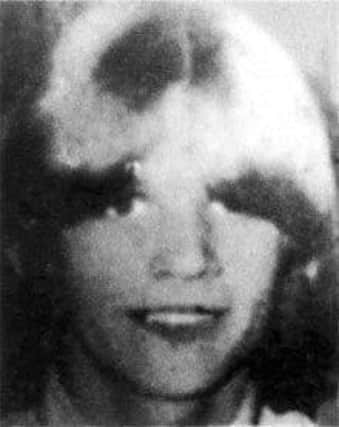MoD ends legal bid over unjustified killing of Derry teenager in 1972


Judicial review proceedings brought over the inquest verdict reached on the fatal shooting of Seamus Bradley in Derry were formally withdrawn at the High Court on Tuesday of this week.
Mr Bradley, 19, was shot dead in the Creggan area of the city on July 31, 1972 during Operation Motorman - a military attempt to gain control of no-go zones at the height of the Troubles.
He was killed by a soldier from the Royal Scots Regiment.
Advertisement
Hide AdAdvertisement
Hide AdThe Army claimed the Derry teenager was shot while in a tree and suffered additional injuries as he fell.
But Mr Bradley’s family insisted the killing occurred later, alleging he was taken away in a military vehicle and sustained fatal injuries while being interrogated.
In inquest findings delivered in 2019, a coroner held that Mr Bradley was killed by a soldier who got out of a Saracen vehicle, dropped to one knee and fired a number of shots.
He said the deceased was running across open ground and clearly had no weapon.
Advertisement
Hide AdAdvertisement
Hide AdAt the time of the shooting there was no other immediate or apparent threat to the soldiers in that area.
The coroner concluded that the use of force by the soldier who opened fire was not justified.
He also ruled that the investigation into Mr Bradley’s death was flawed and inadequate.
Those determinations were being challenged by the Ministry of Defence (MoD) in a bid to secure a fresh inquest.
Advertisement
Hide AdAdvertisement
Hide AdPart of the case involved claims that the coroner wrongly applied the civil standard of proof to reach a verdict in an alleged unlawful killing on the balance of probabilities.
Amid indications that the findings were to be referred to the Public Prosecution Service (PPS), it was contended that he should instead have used the higher, criminal burden of beyond reasonable doubt.
A two-day hearing had been listed at the High Court in Belfast.
But counsel for the Ministry of Defence announced that after discussions with the Defence Secretary the challenge was not going ahead.
Advertisement
Hide AdAdvertisement
Hide AdTony McGleenan QC said: “I have authority now to withdraw this application.”
He added that no soldiers appear to have been referred to the PPS for any suspected offences.
“That is a material factor in the stance the applicant has adopted,” the barrister said.
Following those indications the judge, Mr Justice Colton, confirmed: “I will direct that the application is dismissed.”